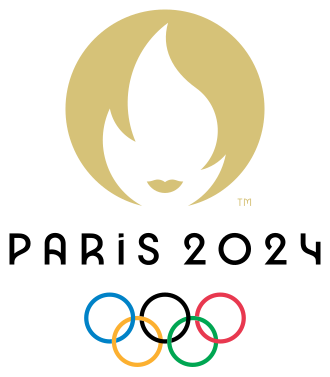What is the Refugee Olympic Team?
Published

The Executive Board of the International Olympic Committee (IOC) selected the Refugee Olympic Team for Paris 2024 taking into account the balance between sports, genders, and regions. Eligible athletes must be elite competitors in their respective sports and be recognized by the United Nations Refugee Agency (UNCHR) as refugees in their host country.
The Paris Olympic Games will start on July 26th and run until August 11th, 2024. They will be followed by the Paralympic Games, from August 28th to September 8th. Athletes compete for their home country but that is not possible for refugee athletes.
Why is there a Refugee Olympic Team?
In 2015, the IOC announced the creation of the Refugee Olympic Team (ROT) for the Rio Olympics. Ten athletes from Ethiopia, South Sudan, Syria and the Democratic Republic of Congo were competing alongside 11,000 fellow athletes in Brazil, sending a message of “hope and inclusion to millions of refugees around the world and inspiring the world with the strength of their human spirit,” according to the IOC.
The IOC decided to renew the experience for the Tokyo Olympic Games (postponed to July 2021 because of the COVID19 pandemic) and for the Paris Olympic Games. The IOC helps these athletes prepare for the trials and competition by granting scholarships.
Who will compete for the Refugee Olympic and Paralympic Teams in Paris 2024?
The Refugee Olympic Team was announced in May 2024. This year, the Olympic Refugee Team's athletes come from 11 countries of origin, 15 host countries (the country where they currently reside), including an athlete based in Canada.
The team is composed of 36 Refugee Athletes, representing 12 sports. Eight athletes and one guide runner have also been selected to compete for the Refugee Paralympic Team.
During the Opening Ceremony, the team will march with the Olympic flag in second position, immediately after Greece. The Olympic flag will be raised, and the Olympic anthem will be played for all official representations of the team (including possible medal ceremonies).
The United Nations Refugee Agency works in partnership with the IOC to make the Refugee Olympics and Paralympics Teams happen, supporting the idea that “sport is a universal language and provides a vital platform to raise awareness of displacement and statelessness issues and help change perceptions and attitudes.”
This is the third time an Olympic refugee team is taking part in the Olympic Games, after Rio 2016 and Tokyo 2020.
For more information
- You can watch this video about the Refugee Olympic Team (ROT).
- To show your support to ROT’s athletes, you can follow the official Refugee Olympic Team Twitter and Instagram accounts.
- What does the word “refugee” mean? - An article from WelcomeOntario about the definition of refugee.
- What is a refugee status document? - An article from WelcomeOntario on what a refugee status document is and who can issue it.
- What is the role of the UNHCR in resettlement programs? - An article from WelcomeOntario.